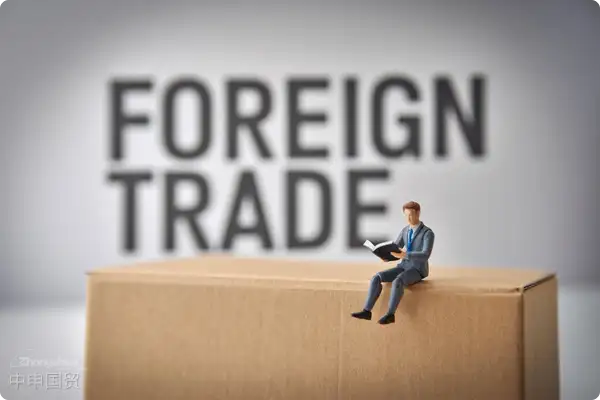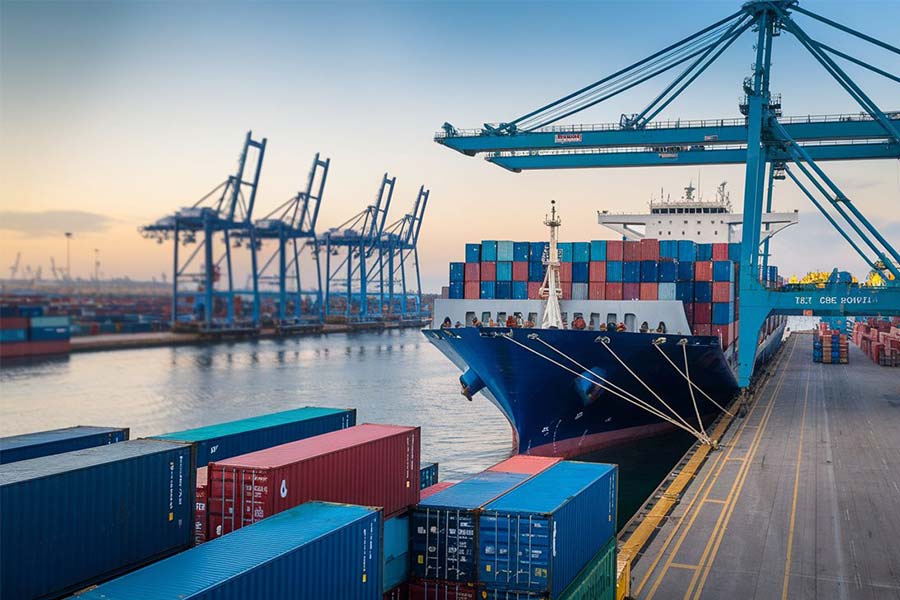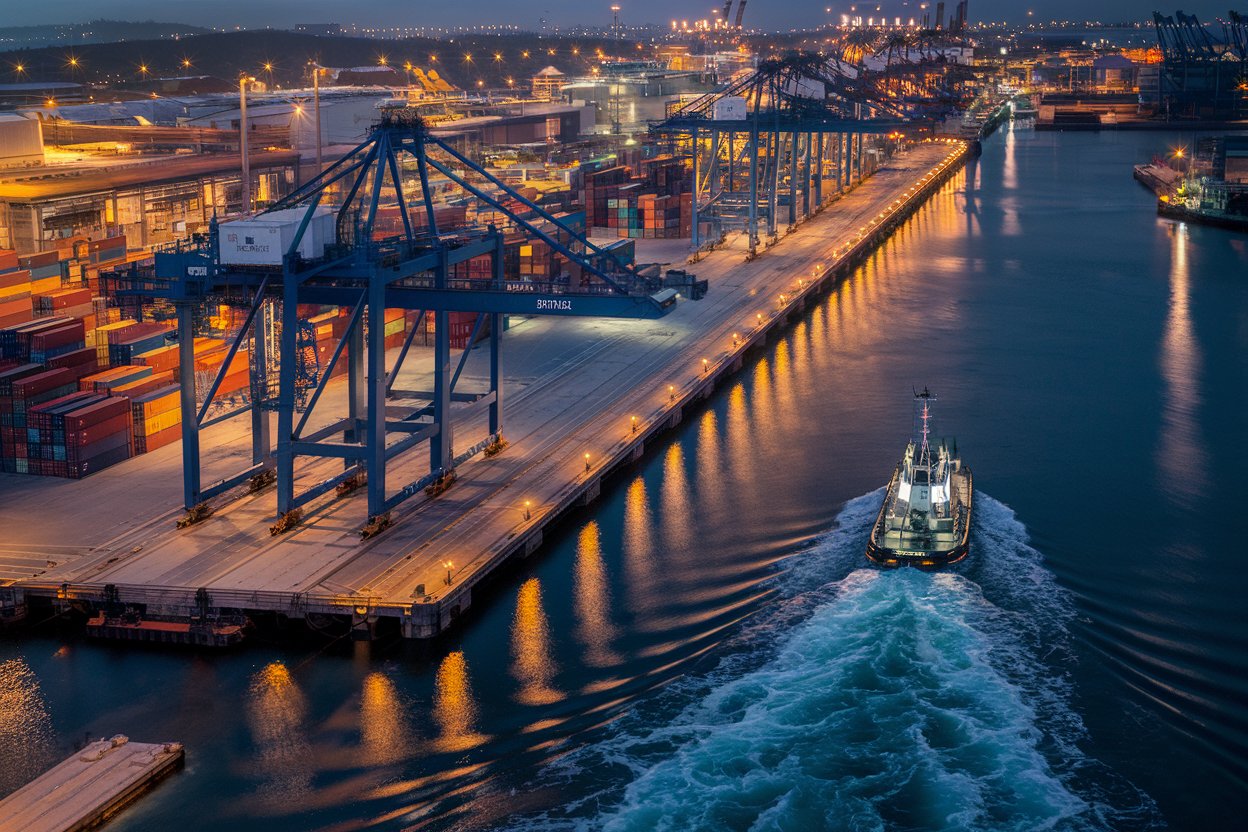- Shanghai Zhongshen International Trade Co., Ltd. - Two decades of trade agency expertise.
- Service Hotline: 139 1787 2118

Contents
ToggleGerman imported carpets and floor mats: Beginforeign tradeNew journey
In the thriving global trade landscape, importing carpets and floor mats from Germany presents boundless business opportunities. However, the complex international trade environment and cumbersome...import and exportThe process often deters many traders.ZhongShen International TradeAs a professional importExport RepresentationThe company, with profound industry experience, provides you with comprehensive and professional services.
Professional document handling, safeguarding your imports.
Document processing is a critical step in import operations. When importing carpets and floor mats from Germany, the first priority is to ensure the accuracy of the commercial invoice. The commercial invoice must detail the product description, quantity, value, country of origin, and other relevant information. It serves not only as a transaction record between the buyer and seller but also as a key document for customs duty assessment.
The packing list is equally indispensable, as it clearly records the specific contents, gross weight, net weight, dimensions, and other details of each carton, facilitating customs inspection and inventory checks during logistics transportation. The bill of lading serves as proof of ownership of the goods, inMaritime TransportationIt is crucial throughout the process. Our professional documentation team can accurately handle these documents to ensure compliance with German export requirements and the import regulations of the destination port, avoiding delays or fines caused by documentation issues.
For example, there was a case where a client handled the documents themselves, and the description of goods on the commercial invoice was insufficiently detailed. As a result, when the goods arrived at the destination port, customs could not accurately determine the commodity classification, leading to delays in clearance. However, our documentation team at ZhongShen International Trade, with their familiarity with various document requirements, can proactively avoid such issues, saving you both time and costs in your import operations.
Efficient logistics arrangements, smooth transportation routes.
The logistics process directly affects whether goods can arrive at their destination on time and safely. When importing carpets and floor mats from Germany, the common transportation methods include sea freight and...Air TransportationOcean shipping has lower costs and is suitable for large-volume cargo transportation, but the transit time is relatively long; air freight is faster, making it ideal for urgent replenishment or small batches of high-value goods, but the cost is higher.
If sea freight is chosen, we will carefully select suitable shipping companies based on the origin and destination ports of the goods, and book space in advance to ensure smooth loading and shipment. During the transportation process, we will track the cargo status in real time and provide timely updates to the customer. Upon arrival at the destination port, we will also assist with customs clearance procedures and arrange transportation from the port to the customer's designated location.
For air freight, we maintain close cooperation with major airlines, enabling us to secure competitive rates and ensure quick loading, transportation, and delivery of goods. At the same time, we also take into account the specific characteristics of the cargo, such as the large volume of carpets and floor mats, and plan packaging and loading rationally to maximize space utilization and reduce transportation costs.
Russian market: VTBFX Settlement AgencyAdvantages fully demonstrated
The Russian market holds immense potential, and our company possesses unique advantages in the business of importing goods from Germany for resale in Russia. In terms of foreign exchange settlement, we maintain close cooperation with Russia's VTB Bank, offering you convenient settlement services.
Foreign exchange settlement, simply put, is the process of converting foreign currency earned from export goods into domestic currency at a certain exchange rate. In trade with Russia, the settlement process through VTB Bank is more convenient and efficient. Generally, when your goods are exported to Russia and the Russian client pays the invoice into the designated VTB Bank account, we can assist you in quickly completing the receipt, declaration, and conversion of the foreign currency. Compared to other channels, VTB Bank offers more flexible scrutiny of trade backgrounds when handling foreign exchange settlements for Russia-related trade, effectively reducing cumbersome procedures, shortening the settlement time, enabling faster capital recovery, and minimizing risks associated with exchange rate fluctuations.
Southeast Asia Market: Detailed Explanation of Import and Export Processes and Solutions
Southeast Asia is one of our key markets. Importing carpets and floor mats from Germany to Southeast Asia begins with the export process. In Germany, exporters need to submit an export declaration to local customs, detailing the goods and obtaining the necessary export permits. We assist exporters in completing these procedures to ensure the smooth departure of goods from Germany.
After the goods arrive at the destination port in Southeast Asia, they enter the import process. Taking Indonesia as an example, the importer first needs to submit import declaration documents to Indonesian Customs, including the commercial invoice, bill of lading, packing list, etc. Customs will inspect and assess the goods, levying corresponding tariffs and value-added taxes based on the goods' value and HS code. We are familiar with the customs policies and regulations of Indonesia and other Southeast Asian countries, enabling us to estimate taxes and fees in advance for clients and formulate a reasonable import cost budget.
Throughout the entire import and export process, various issues may arise. For example, cargo delays may occur during transportation due to force majeure factors such as weather. We proactively develop contingency plans and negotiate solutions with shipping companies or airlines to minimize the impact on our clients' operations. Additionally, during customs clearance, there might be queries from customs regarding the goods. Leveraging our extensive experience and strong communication skills, we engage in effective dialogue with customs authorities, providing accurate supporting documents to ensure smooth clearance of the goods.
The current international trade situation: challenges and opportunities coexist.
The current international trade situation is complex and volatile, posing numerous challenges to importing carpets and floor mats from Germany. The rise of trade protectionism has led to the continuous introduction of new trade policies and regulations by various countries, increasing trade uncertainty. For instance, some countries may raise import tariffs or impose stricter product standards and certification requirements, which undoubtedly escalates import costs and difficulties.
However, challenges also bring opportunities. With the advancement of the Belt and Road Initiative, trade cooperation among countries along the route continues to strengthen, creating a broader market space for import businesses. Meanwhile, the application of digital technologies in international trade is becoming increasingly widespread, making trade processes more convenient and efficient. We can leverage e-commerce platforms to expand sales channels and use big data analytics to better understand market demands, thereby precisely targeting potential customers.
Additionally, the global demand for high-quality carpets and mats continues to grow, particularly in emerging markets, which provides a favorable market outlook for importing such products from Germany. As long as we can flexibly adapt to changes in the international trade landscape and fully leverage various opportunities, we will stand out in the highly competitive market.
Product Certification Services: Facilitating Compliant Importation
When importing carpets and floor mats from Germany, product certification is an essential step. Different countries and regions have varying certification requirements for carpets and floor mats. For example, the European Union requires CE certification, which serves as a passport for products to enter the EU market, demonstrating compliance with relevant EU directives and harmonized standards. For imports to Southeast Asian countries, compliance with local safety, environmental, and other standard certifications may also be necessary.
Although our company does not directly handle certification services, we will inform clients in detail about the required certification types based on different market requirements, assist them in preparing the necessary documents, and facilitate communication with certification bodies. With extensive industry resources, we can recommend reliable certification agencies to clients, ensuring a smooth certification process. By assisting clients with certification, we help their products comply with the regulatory requirements of target markets, avoiding risks such as cargo detention or returns due to certification issues.
In summary, when importing carpets and floor mats from Germany, choosing ZhongShen International Trade as your foreign trade agent ensures comprehensive support for your import business. With our professional documentation processing, efficient logistics arrangements, and in-depth understanding of diverse markets, we are committed to helping you achieve success in international trade.
Related Recommendations
? 2025. All Rights Reserved. Shanghai ICP No. 2023007705-2  PSB Record: Shanghai No.31011502009912
PSB Record: Shanghai No.31011502009912










